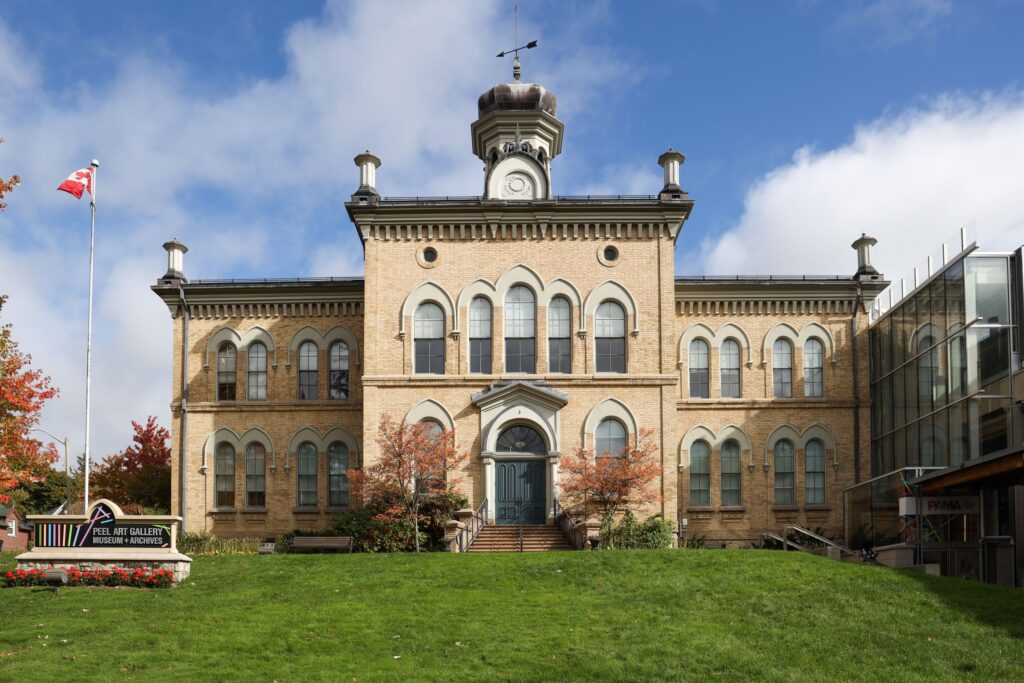Canada, renowned for its diverse landscapes and inclusive society, attracts immigrants from around the world seeking a new home. Two common immigration statuses in Canada are permanent residency and citizenship. While both offer unique advantages, they come with distinct rights, responsibilities, and pathways. In this article, we will delve into the disparities between permanent residency and citizenship in Canada, exploring the implications and considerations for those navigating the immigration landscape.
What Is Permanent Residency in Canada?
Permanent residency is a coveted status for individuals looking to establish long-term roots in Canada. This status is typically obtained through various immigration programs, such as the Express Entry system, Provincial Nominee Programs (PNPs), or family sponsorship.
Rights and Privileges
- Residency Rights: Permanent residents have the right to reside anywhere in Canada, providing them with the flexibility to choose their place of residence based on factors, such as employment opportunities, lifestyle preferences, or family considerations.
- Work and Study Privileges: Permanent residents can work and study in Canada without the need for additional permits. This flexibility enables them to pursue career advancements and educational opportunities within the country.
- Healthcare Benefits: Permanent residents enjoy access to Canada’s public healthcare system, ensuring they receive essential medical services without incurring exorbitant costs.
- Social Benefits: Permanent residents are eligible for social benefits, such as the Canada Pension Plan (CPP), Old Age Security (OAS), and other provincial or territorial benefits.
- Legal Protection: Permanent residents are protected by Canadian law and have access to the same legal rights and remedies as Canadian citizens. They are subject to Canadian laws and are entitled to legal recourse in case of disputes.
Responsibilities
- Residency Obligations: Permanent residents must meet residency requirements to maintain their status. Failing to do so could result in the loss of permanent residency.
- Tax Obligations: Permanent residents are required to file Canadian income taxes and report their worldwide income. This is a crucial responsibility, as failure to comply can lead to penalties or jeopardize their residency status.
- Compliance with Laws: Permanent residents must abide by Canadian laws and regulations. Engaging in criminal activities can lead to serious consequences, including deportation.
What Is Citizenship in Canada?
Citizenship is the next step beyond permanent residency and represents a deeper integration into Canadian society. While permanent residency provides a solid foundation, obtaining citizenship grants individuals certain additional rights and privileges.
Rights and Privileges
- Voting Rights: One of the most significant privileges of Canadian citizenship is the right to vote in federal, provincial, and territorial elections. This allows citizens to actively participate in shaping the country’s political landscape.
- Citizenship for Children: Children born to Canadian citizens, regardless of the place of birth, automatically acquire Canadian citizenship. This provides a sense of continuity and identity within the Canadian framework.
- Unrestricted Travel: While permanent residents can travel freely within Canada, citizens can travel internationally with a Canadian passport without the need for additional visas in many countries.
- No Residency Requirements: Unlike permanent residents, citizens are not subject to residency requirements. They can live outside Canada for extended periods without jeopardizing their citizenship status.
- Access to Restricted Professions: Some professions in Canada are restricted to citizens. Obtaining citizenship opens up opportunities for individuals in these professions, such as certain government positions and jobs with security clearance requirements.
Responsibilities
- Oath of Citizenship: Individuals applying for Canadian citizenship must take the Oath of Citizenship, pledging allegiance to Canada and its values. This ceremony is a symbolic and legally binding commitment.
- Language and Knowledge Requirements: Citizenship applicants must demonstrate proficiency in English or French and pass a citizenship test on Canadian history, values, institutions, symbols, and the rights and responsibilities of citizenship.
- Good Moral Character: Citizenship applicants must have a clean criminal record and demonstrate good moral character. Any criminal convictions may result in the denial of citizenship.
- Application Process: The process of obtaining citizenship involves submitting a comprehensive application, which is subject to thorough review. This includes verifying the applicant’s residency, language proficiency, and compliance with tax obligations.
How To Choose Between Permanent Residency and Citizenship
The decision between permanent residency and citizenship depends on individual circumstances, goals, and priorities. Some individuals may find that permanent residency aligns with their long-term plans, while others may aspire to fully integrate into Canadian society through citizenship.
Factors to Consider
- Long-Term Goals: Individuals should consider their long-term goals and aspirations in Canada. If the plan is to establish roots and actively participate in civic life, citizenship may be the preferred option.
- Global Mobility: For those with international career opportunities or familial ties outside Canada, the flexibility of permanent residency may be advantageous. Citizenship eliminates any concerns about losing status due to prolonged periods spent abroad.
- Voting and Political Engagement: Individuals who value the right to vote and actively engage in Canadian politics may find citizenship more appealing. It provides a platform to influence the direction of the country through participation in elections.
- Profession and Job Opportunities: Some professions in Canada are restricted to citizens. Individuals in such professions may find that obtaining citizenship is essential for career advancement.





